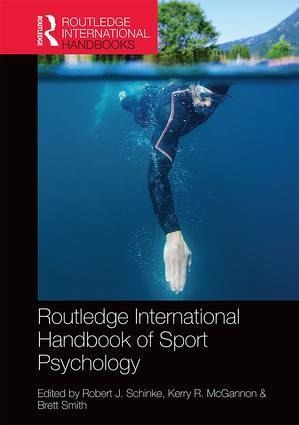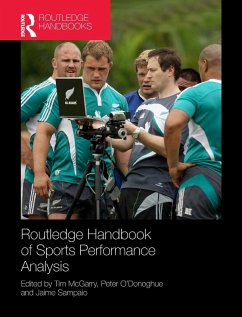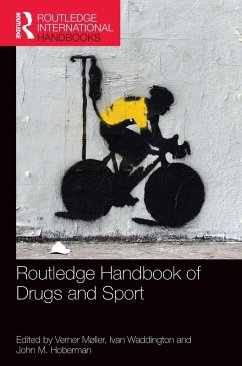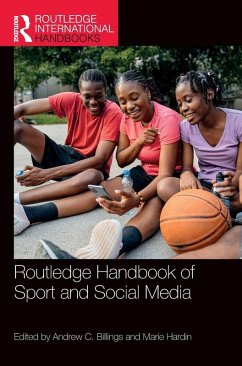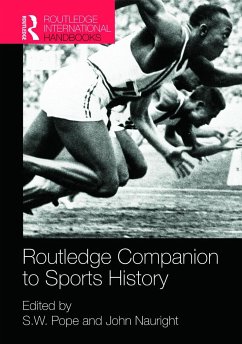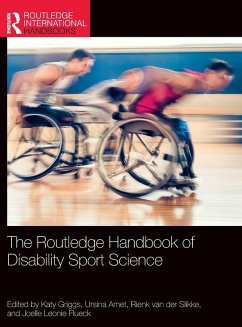Robert J. Schinke is the Canada Research Chair in Multicultural Sport and Physical Activity and a Professor of Sport Psychology in the School of Human Kinetics at Laurentian University, Canada. As a Canadian Sport Psychology Association registered practitioner, he has extensive experience working with national teams and professional athletes of North America, South America, Europe, Asia, Africa and the Caribbean. He has authored more than 100 refereed publications and co-edited 15 textbooks. His research is supported by the Social Sciences and Humanities Research Council of Canada, the Indigenous Health Research Development Program, and the Canadian Foundation for Innovation. In addition, Robert serves as an associate editor for Psychology of Sport and Exercise, the Journal of Sport and Social Issues, and as a section editor for the International Journal of Sport and Exercise Psychology, where he will become co-editor in January, 2016. Robert is also the current President of the Association for Applied Sport Psychology and serves as a member of the Managing Council for the International Society of Sport Psychology. He, his wife Erin, and their two sons, Harrison and Pierce, reside in Sudbury, Ontario Kerry R. McGannon is an Associate Professor in Sport and Exercise Psychology at Laurentian University, Ontario, Canada. Her work 'bridges' psychology and cultural studies to understand physical activity participation via interpretive qualitative methodologies to study marginalized self-identities and critical interpretations of sport, exercise and health. Her scholarship includes empirical and theoretically-driven contributions on over 68 national and international presentations and over 65 publications in refereed journals and scholarly books. She is co-editor of the books The Psychology of Subculture in Sport and Physical Activity: Critical Perspectives and Community Based Research in Sport, Exercise and Health. She is Associate Editor of the Journal of Applied Sport Psychology and serves on three journal editorial boards: Psychology of Sport and Exercise, Journal of Applied Sport Psychology and Qualitative Research in Sport, Exercise and Health Brett Smith is Professor of Physical Activity and Health within the School of Sport, Exercise and Rehabilitation Sciences at the University of Birmingham, UK. His research critically focuses on the promotion of wellbeing among disabled people through sport and exercise as medicine. Brett's research has been published widely in leading journals, such as Social Science and Medicine, Health Psychology, and Health Psychology Review. In addition to over 100 publications, he has given over 150 invited talks to audiences in numerous countries, including to The Royal Society of Medicine. He is Editor-in-Chief of the award winning international journal Qualitative Research in Sport, Exercise and Health. He is Associate Editor of Psychology of Sport and Exercise and also actively serves on eight editorial boards, including Sociology of Sport and Sport, Exercise and Performance Psychology. He is co-author of Qualitative Research Methods in Sport, Exercise & Health: From Process to Product. Brett is co-editor of the forthcoming Routledge Handbook of Qualitative Methods in Sport and Exercise.
